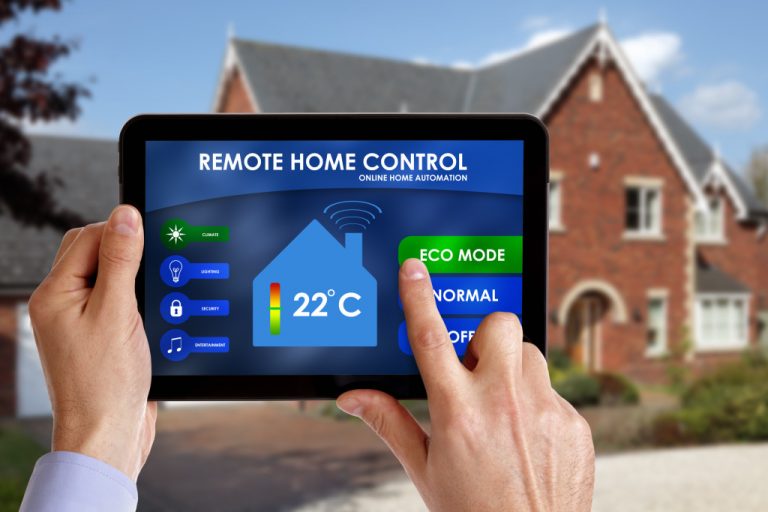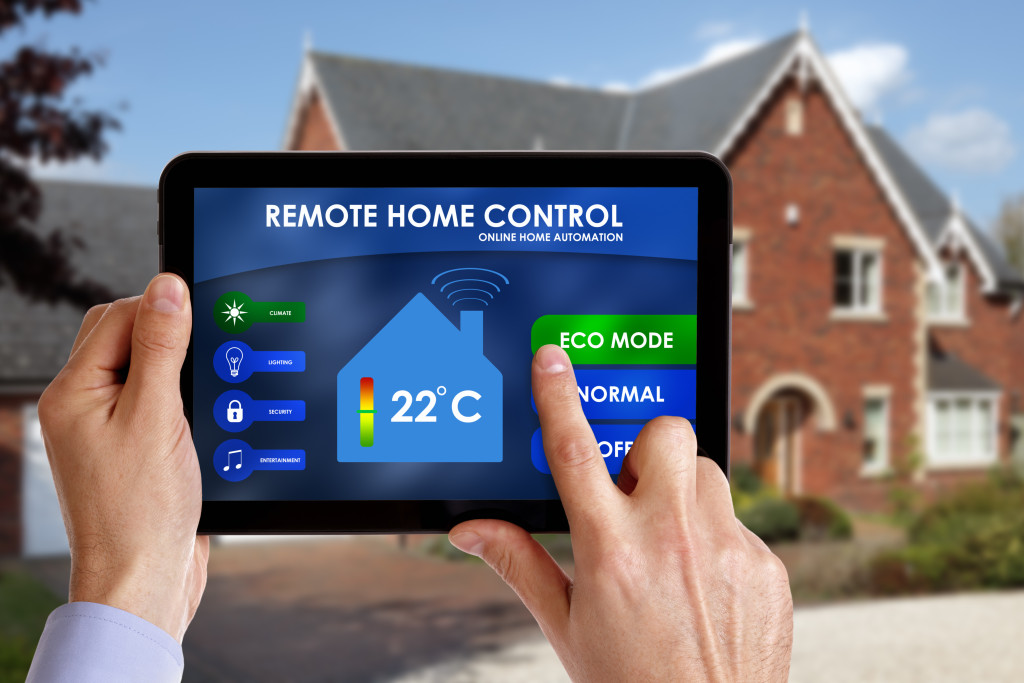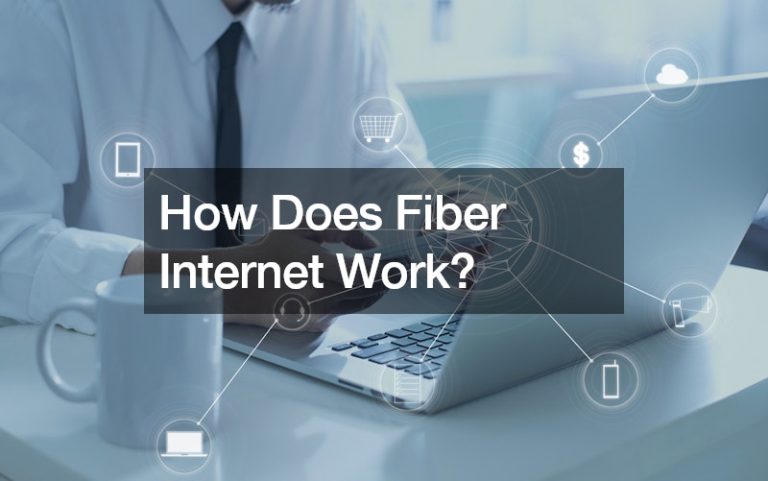Over the last few years, smart home technology has become more advanced and sophisticated. We’ve come a long way from doors that can be locked remotely from our computers. We can now turn to artificial intelligence (AI) technologies to do mundane tasks for us, such as play music and dim lights. You can turn to automated machines to do some of our chores, such as keeping the floors clean and sprinkling the plants.
This is why, back in May 2020, a team of researchers in the United Kingdom conducted a survey about people’s trust in smart home technology. Oddly enough, despite the growing popularity, the survey respondents don’t trust such technologies that well. They trust some technologies such as a TV that’s hooked on their internet connection. Forty percent of them reported as such. But the rates of trust in smart home tech varied. Twenty-eight percent say that they trust smart electric or gas meters. But only 1.57 percent say that they trust smart door locks. Even lower, only 0.67 percent trusted smart refrigerators or any refrigerators connected to the WI-FI.
So, why do people mistrust smart home technology so much?
Unreliability
Although technology has proven to be more robust and advanced today than it was a few years ago, many people still put little trust in its reliability. They believe that smart home systems are all vulnerable to glitches. And no one could deny them of that fact. Some smart security systems are known to deliver false alerts to homeowners.
Yes, such tech helps homeowners very much. Without a sophisticated security system, homes have higher chances of being robbed. As homeowners, we might end up filing theft claims to our insurance providers. Filing too many claims can lead to the unfortunate cancellation of our homeowners’ insurance.
But many people still find the act of manually locking doors and setting deadbolts in place more comforting than a few taps on our smartphones. They would feel safer knowing that they locked the doors and gates themselves.
Another issue is that smart home technology relies on electricity and the internet. And, no matter where we live, we may still experience brownouts and blackouts from time to time. This is why, as much as possible, you wouldn’t want to rely on tech.
Our Smart Home Tech Might be Spying on Us

Privacy and technology are two things that many people have so much trouble reconciling. It’s common practice for tech-savvy individuals to do simple things such as taping over the cameras on their laptops. This is because they fear that hackers or, worse, the researchers at the National Security Agency (NSA) might be spying on us. So, for those who truly don’t trust technology, installing smart home tech in their homes is their worst nightmare.
Most, if not all, smart home technologies are equipped with cameras and sensors. They need these, of course, to do their jobs. They’ll be able to detect any suspicious activity around the house. These can detect our presence and turn on lights for us.
They’re useful and convenient. But many individuals can’t let go of the fact that these technologies may be used for data mining.
Additional Expenses
Another drawback of smart home technologies is the additional costs that come with them. Because they are machines, they rely on electricity and the internet. So, if you think about it, not only are smart security systems more expensive than traditional locks, they will also consume more energy. So your monthly payments for electricity will rise.
It is true, though, that some smart appliances are more electricity-efficient than traditional ones. For example, a smart refrigerator may save you up to 10 percent in electricity consumption than a refrigerator that was manufactured a few years ago. Plus, the Department of Energy works in partnership with Whirlpool to develop a line of refrigerators that would save much more energy.
But, at the end of the day, the true cost of smart home technologies depends on each household’s financial capacity. Many of us can’t afford to invest a large sum of money on home gadgets. They may benefit us in the long run, sure. But many of us still believe that they may not.
Understanding these perceptions of smart home technology will help designers, engineers, and researchers refine the devices and systems. Perhaps they can overcome these issues. They might change people’s minds in the future. But for now, people would still prefer to rely on more hands-on maintenance of their homes.












